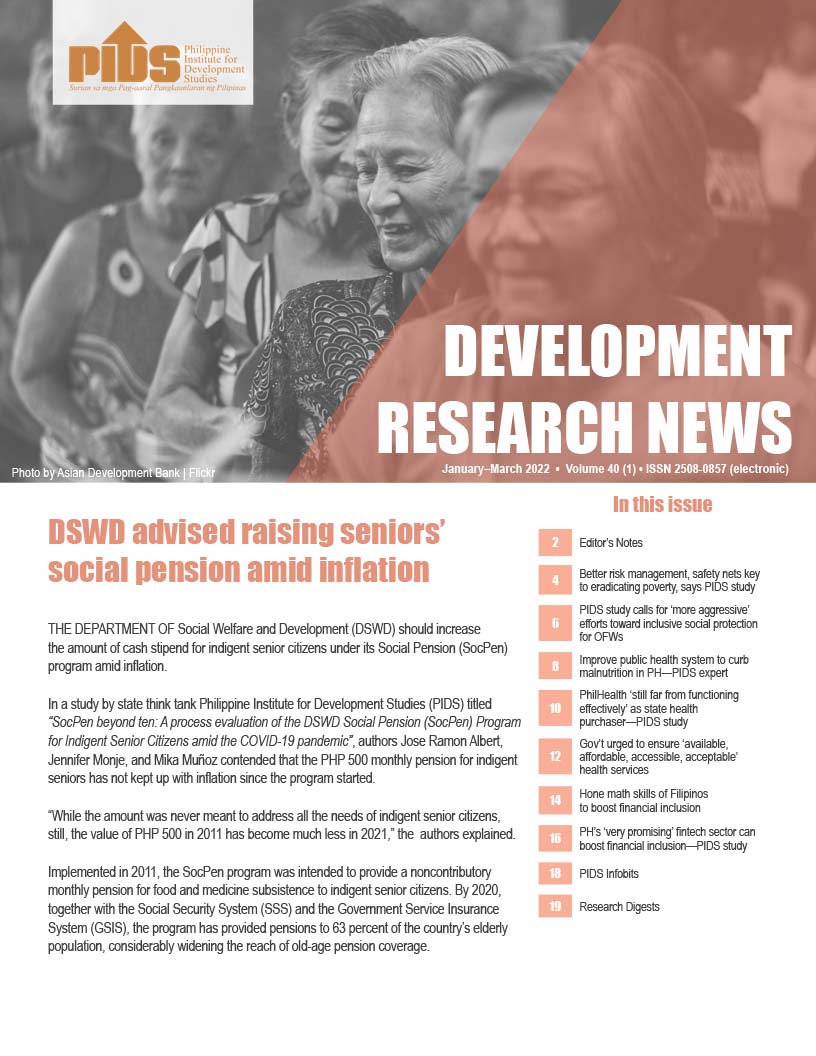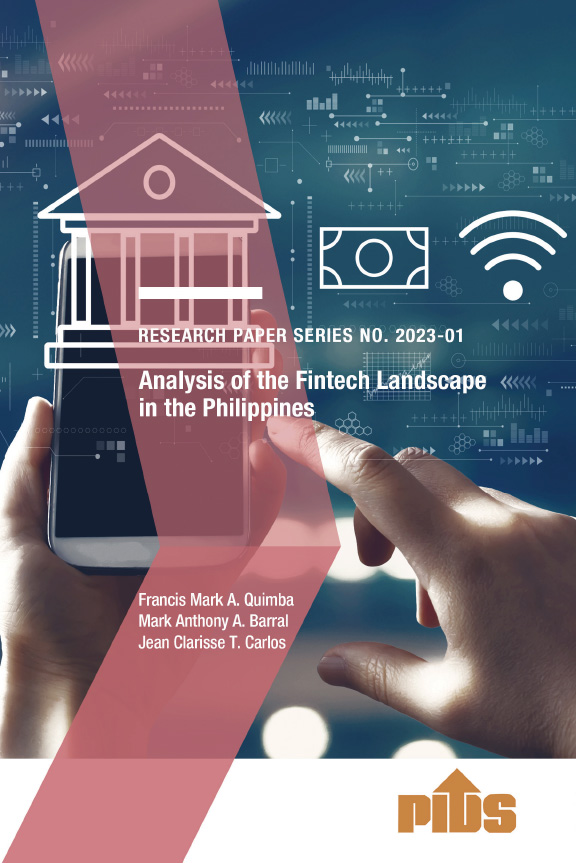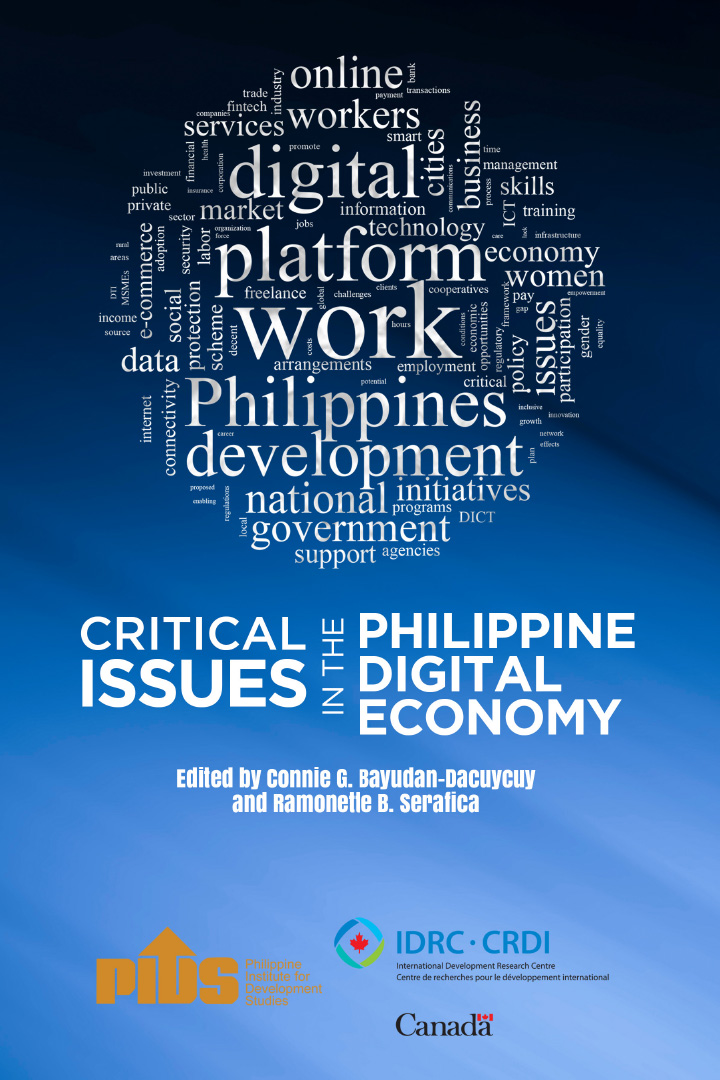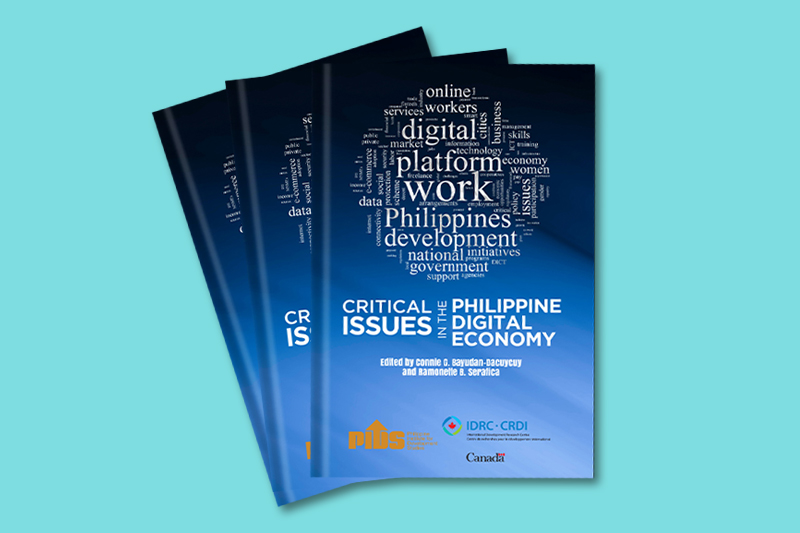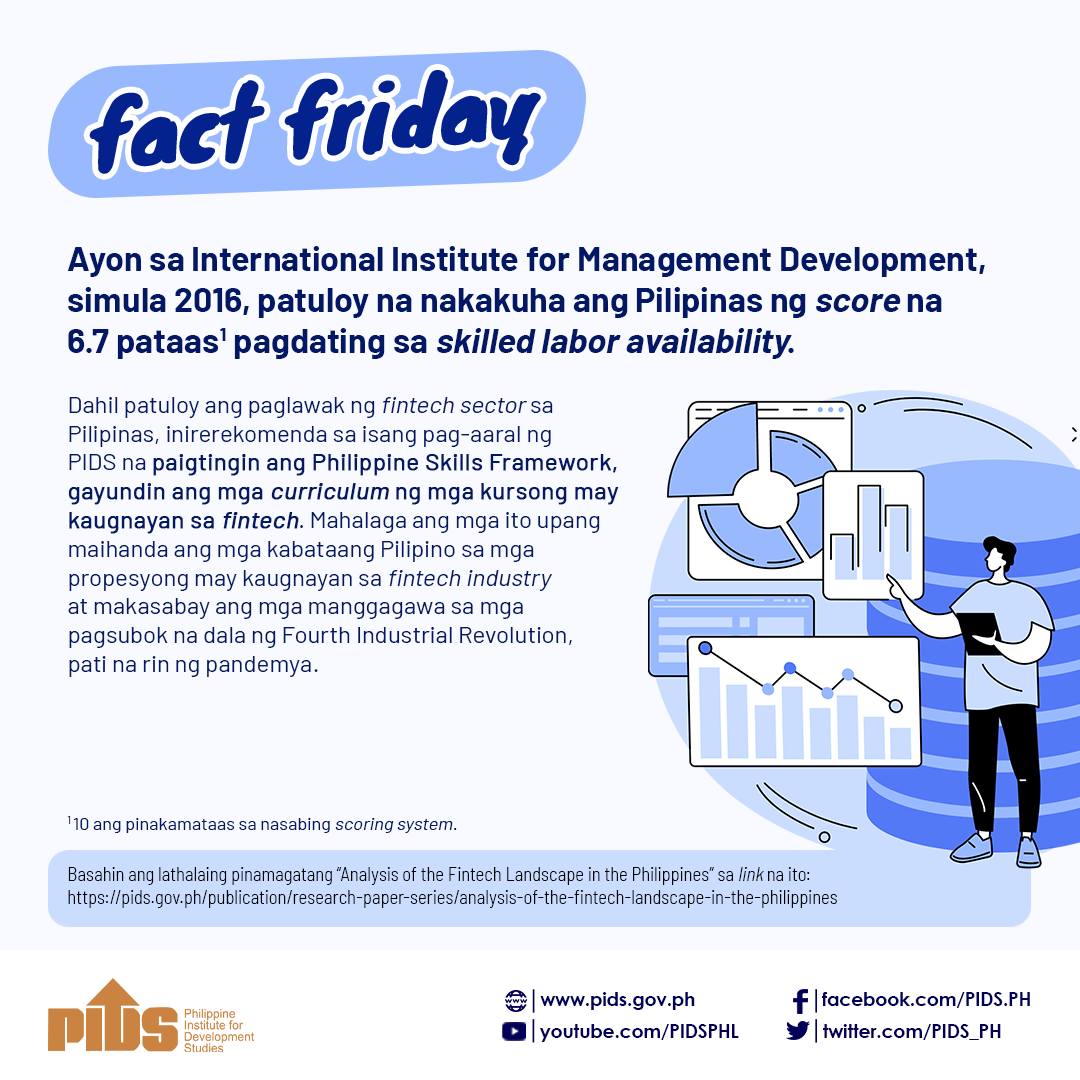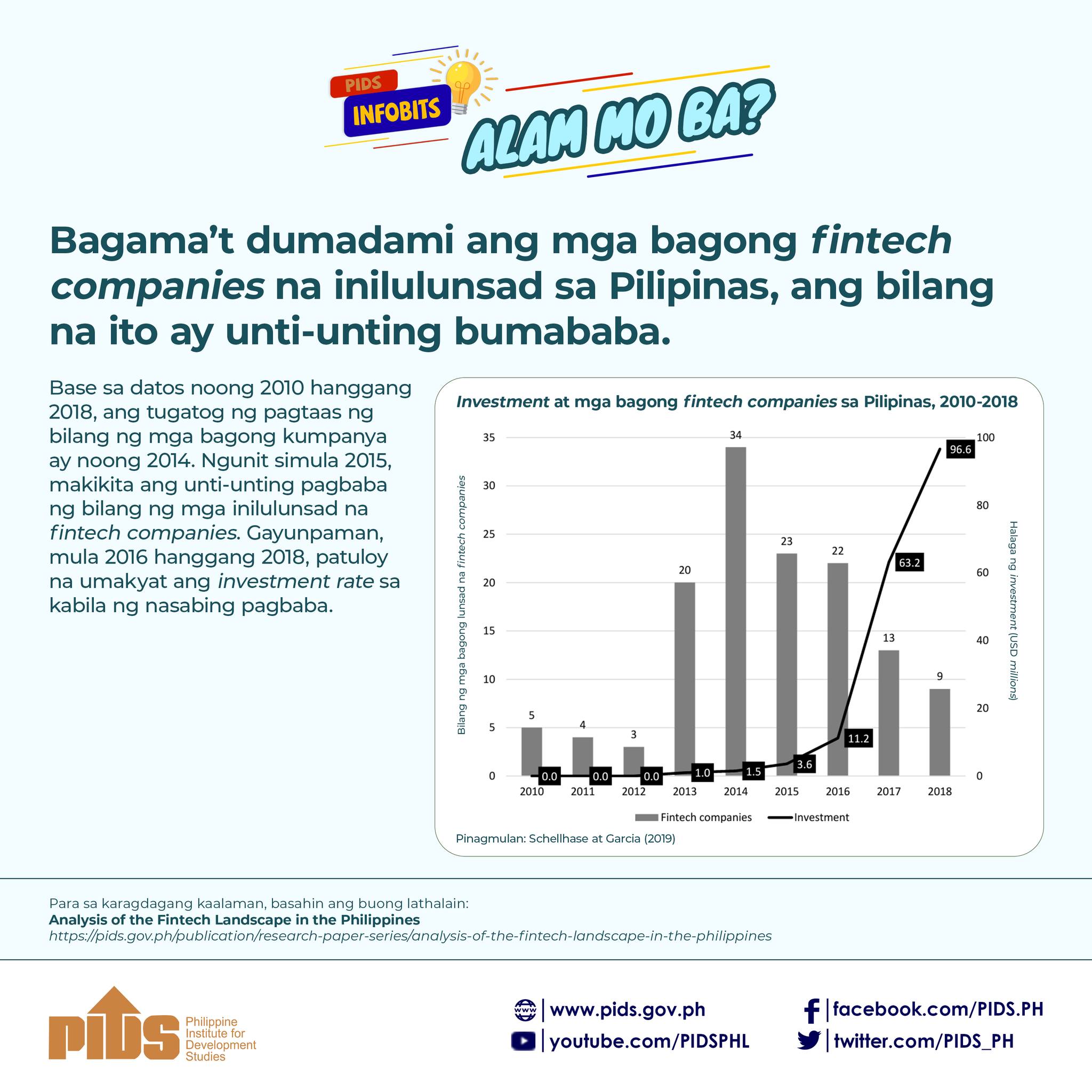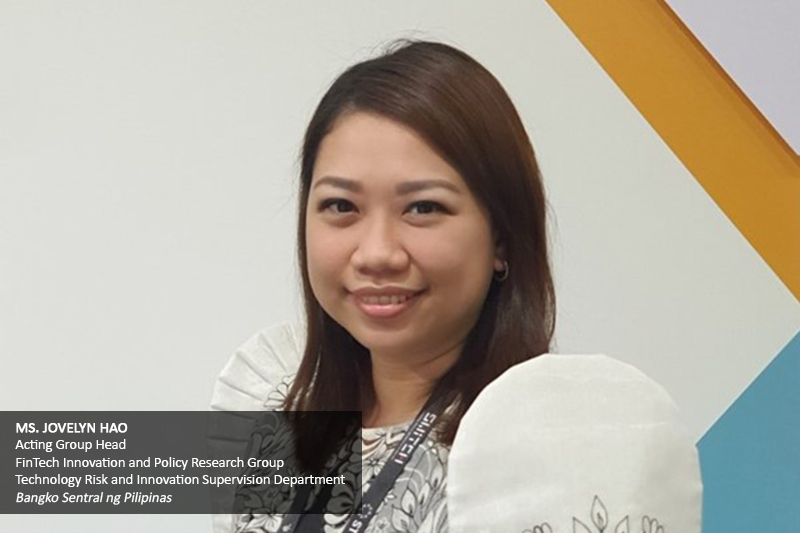
Digital adoption, particularly the use of financial technology (FinTech), has played a key role in the provision of financial services in the Philippines amid the paralyzing effects of the COVID-19 pandemic.
This was pointed out by Jovelyn Hao, Bangko Sentral ng Pilipinas’ (BSP) FinTech Innovation and Policy Research Group Acting Head, during a webinar recently organized by the Philippine Institute for Development Studies (PIDS).
“Through the use of FinTech, transformational digital financial products and services are available to reach even the unbanked and the underserved population,” Hao said, adding that the BSP’s National Retail Payment System framework, through InstaPay and PESOnet, contributed to this effort.
However, given the current fast-paced development of the country’s digital financial landscape, she emphasized the need to recalibrate its financial inclusion strategy.
Hao shared that the BSP recently launched the National Strategy for Financial Inclusion 2022-2028 that aims to “facilitate a coherent, well-coordinated, and whole-of-nation undertaking towards the achievement of the vision of inclusive growth and financial resilience for every Filipino”.
The expected outcomes of the new strategy include reduced financial inclusion disparities; improved financial health and resilience; financially capable and empowered consumers; and increased access to finance for micro, small, and medium enterprises, including startups and the agriculture sector.
Meanwhile, on the issue of FinTech regulations affecting the development of the FinTech industry, Hao said that the BSP’s regulatory approach is risk-based, maintains multi-stakeholder collaboration, and ensures customer-centric financial products and services.
In her closing statement, she mentioned that BSP is open to leveraging the gains brought about by FinTech innovations amid the pandemic.
“There is no going back to our pre-pandemic way of life, at least for the financial services industry,” Hao pointed out.
She also noted that regulators should not hinder FinTech or other emerging technologies from helping those in need.
“We would not want to be stuck with this very old-school way of thinking or mindset. As much as we can, the BSP balances [its] approach toward innovation by embracing these pioneering and cohesive solutions but also balancing [its] main mandate to promote the safety, soundness, and resiliency of the financial sector,” Hao concluded. ###
You may watch the webinar at https://fb.watch/boe7iC3lTt/ or https://youtu.be/SbhNyOBkyJw.
For more videos of PIDS events, go to https://www.pids.gov.ph/videos.
This was pointed out by Jovelyn Hao, Bangko Sentral ng Pilipinas’ (BSP) FinTech Innovation and Policy Research Group Acting Head, during a webinar recently organized by the Philippine Institute for Development Studies (PIDS).
“Through the use of FinTech, transformational digital financial products and services are available to reach even the unbanked and the underserved population,” Hao said, adding that the BSP’s National Retail Payment System framework, through InstaPay and PESOnet, contributed to this effort.
However, given the current fast-paced development of the country’s digital financial landscape, she emphasized the need to recalibrate its financial inclusion strategy.
Hao shared that the BSP recently launched the National Strategy for Financial Inclusion 2022-2028 that aims to “facilitate a coherent, well-coordinated, and whole-of-nation undertaking towards the achievement of the vision of inclusive growth and financial resilience for every Filipino”.
The expected outcomes of the new strategy include reduced financial inclusion disparities; improved financial health and resilience; financially capable and empowered consumers; and increased access to finance for micro, small, and medium enterprises, including startups and the agriculture sector.
Meanwhile, on the issue of FinTech regulations affecting the development of the FinTech industry, Hao said that the BSP’s regulatory approach is risk-based, maintains multi-stakeholder collaboration, and ensures customer-centric financial products and services.
In her closing statement, she mentioned that BSP is open to leveraging the gains brought about by FinTech innovations amid the pandemic.
“There is no going back to our pre-pandemic way of life, at least for the financial services industry,” Hao pointed out.
She also noted that regulators should not hinder FinTech or other emerging technologies from helping those in need.
“We would not want to be stuck with this very old-school way of thinking or mindset. As much as we can, the BSP balances [its] approach toward innovation by embracing these pioneering and cohesive solutions but also balancing [its] main mandate to promote the safety, soundness, and resiliency of the financial sector,” Hao concluded. ###
You may watch the webinar at https://fb.watch/boe7iC3lTt/ or https://youtu.be/SbhNyOBkyJw.
For more videos of PIDS events, go to https://www.pids.gov.ph/videos.

